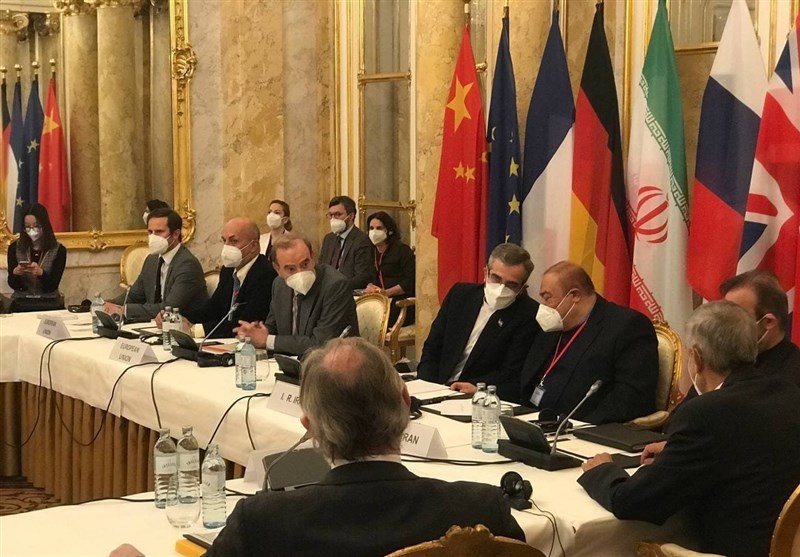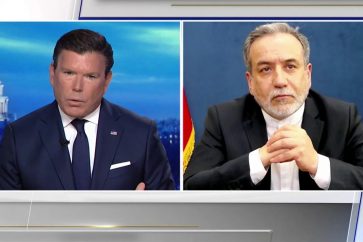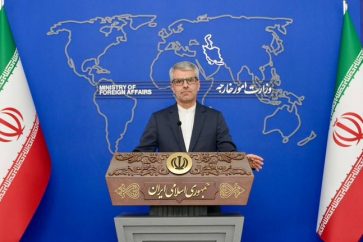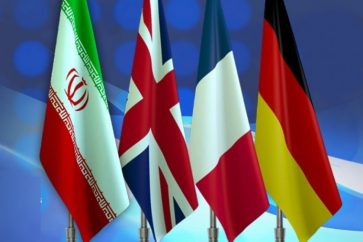As Iranian negotiating team proposed a precise and inclusive package to the P4+1 group (Britain, France, Russia, China plus Germany), three European delegations called for postponing the Vienna talks to next week in order to return to their capitals for consultations.
Iran submitted two drafts on lifting of the sanctions and nuclear issues, but the European sides did not have clear instructions as for how to deal with the Iranian suggestions.
According to Iran’s top nuclear negotiator Ali Bagheri Kani, the other sides felt they need to receive consultations from their capitals to be able to reply Iranian proposals on removal of sanctions and nuclear issue.
The Iranian suggestions, which are in line with Resolution 2231 of the UN Security Council and the Joint Comprehensive Plan of Action (JCPOA), have not allowed the Western sides to make excuses on the draft.
The European negotiating teams have tried to portray the Iranian draft as inconsistent with previous consensus in the six rounds of talks in Vienna talks in order to put the blame of potential differences on Iran, while the suggestions are complying with previous talks and agreements.
Representatives of China and Russia have asserted that Iran’s offers are to the point and negotiable, which can turn into the basis of future agreement.
However, the return of European teams to their capitals seems to be a recurrence of preventive scenario to put the blame on Iran if the seventh round of talks bears no fruit.
The Iranian precise and practical suggestions will be in place until the next round of talks and it remains to be seen what is the agenda of the European trio for the continuation of the Vienna talks on revival of the JCPOA and lifting of anti-Iran sanctions.
Iran, the P4+1 and the European Union have held six rounds of talks in Vienna, Austria, to discuss lifting of anti-Iran sanctions and the revival of the JCPOA, which was violated by the United States when Trump administration withdrew from the international deal in May 2018 and re-imposed economic sanctions on the Islamic Republic. Around one year, the Iranian side waited for European signatories to the deal to abide by their commitments under the JCPOA, but they did nothing tangible to keep up their end of bargain; so, Tehran decided to scale back its obligations under the 2015 nuclear accord.
Source: Iranian Agencies




